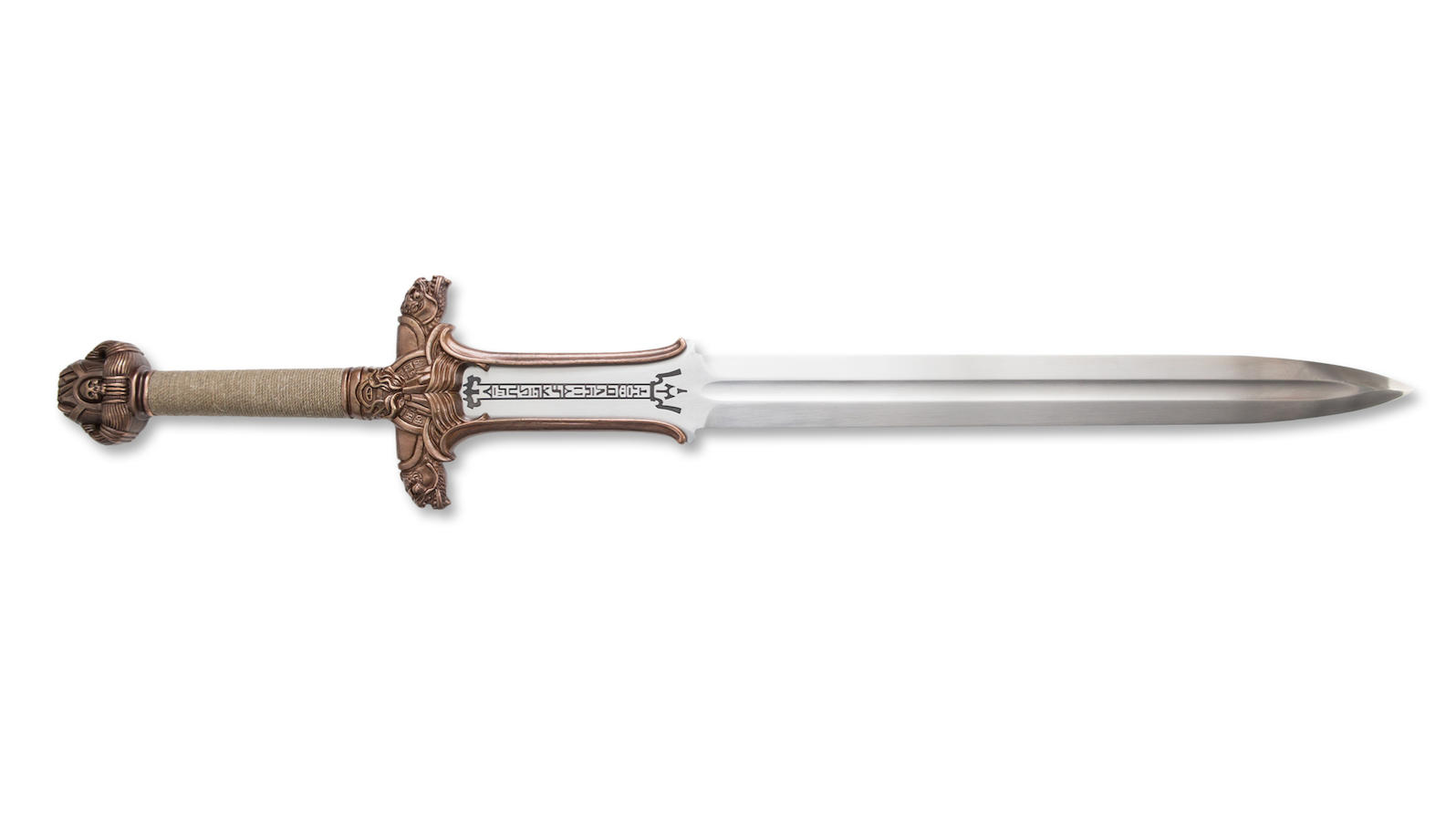Commentary on Parashat Balak, Numbers 22:2-25:9
The story of Balaam, the gentile prophet who knows and speaks with God, is one of the stranger narratives in the Torah. The outsider who talks and behaves like an insider.
Generally, everyone spends a lot of time trying to understand Balaam’s relationship to God, God’s messenger and the talking ass. I would like to see Balaam’s story in the context of Balaam’s life.
Take a look at Numbers 22, especially the following verses, and then look at Numbers 30:8. Why does Balaam end up dying by the sword?
Numbers 22:20-35
(20) And God came to Balaam at night, he said to him: Since it is to call you that the men have come, arise, go with them; but only the word that I speak to you, that (alone) may you do.
With your help, My Jewish Learning can provide endless opportunities for learning, connection and discovery.
(21) Balaam arose at daybreak, he saddled his she-ass, and went with the nobles of Moav. (22) But YHWH’s anger flared up because he was going, so YHWH’s messenger stationed himself in the way as an adversary to him. Now he was riding on his she-ass, his two serving lads with him.
(23) Now the she-ass saw YHWH’s messenger stationed in the way, his sword drawn in his hand, so the she-ass turned aside from the way and went into the field. And Balaam struck the she-ass to turn her back onto the way.
(24) But YHWH’s messenger stood in the furrow (between) the vineyards, a fence here and a fence there. (25) Now the she-ass saw YHWH’s messenger, so she pressed herself against the wall, pressing Balaam’s foot against the wall, and once again he struck her.
(26) But YHWH’s messenger once again crossed over, standing in a narrow place where there was no pathway to turn, right or left. (27) Now the she-ass saw YHWH’s messenger, so she crouched down beneath Balaam. And Balaam’s anger flared up; he struck the she-ass with his staff.
(28) Then YHWH opened the mouth of the she-ass and she said to Balaam: What have I done to you that you have struck me (on) these three occasions?
(29) Balaam said: Because you have been capricious with me! If a sword had been in my hand, by now I would have killed you!
(30) The she-ass said to Balaam: Am I not your she-ass upon whom you have ridden from your past until this day? Have I ever been accustomed, accustomed to do thus to you? He said: No.
(31) Then YHWH uncovered Balaam’s eyes and he saw YHWH’s messenger stationed in the way, his sword drawn in his hand; he bowed and prostrated himself, to his brow.
(32) YHWH’s messenger said to him: For what (cause) did you strike your she-ass (on) these three occasions? Here, I came out as an adversary, for the way was rushed out against me. (33) Now the she-ass saw me, so she turned aside before me (on) these three occasions. Had she not turned aside from me, by now, (it is) you I would have killed; but her I would have left alive!
(34) Bil’am said to YHWH’s messenger: I have sinned, for I did not know that you were stationed to meet me in the way. But now, if it is ill in your eyes, I will head back.
(35) YHWH’s messenger said to Balaam: Go with the men, but only the word that I speak to you, that (alone) may you speak. And so Balaam went with Balak’s nobles.
Numbers 30:6-8
(6) Moses sent them out, a thousand per tribe, to the attack force, them and Pinchas son of El’azar, priest to the armed forces, the holy implements and the trumpets for (sounding) trilling blasts in his hand.
(7) They arrayed their forces against Midian, as YHWH had commanded Moses, and they killed every male, (8) and the kings of Midian they killed, along with the (other) slain: Evi and Rekem, Tzur, Hur and Reva, the five kings of Midian; and Balaam son of Be’or they killed with the sword.
Your Torah Navigator
Why was Balaam killed with the sword?
Balaam is the one who blesses and curses with words. Look at the narrative in Numbers 22 and see if there is any connection between Balaam’s encounter with the angel/messenger and his demise. Is there anything “poetic” in the relationship between these two events?
In the Torah’s view is Balaam a hero or a villain? Why?
A Word
Rashi states that Balaam’s demise is actually the completion of a role reversal that began when Balaam imitated Israel’s power. The power of the word. Just as Balaam could bless and curse with his lips and was willing to use that power either for or against Israel, he would ironically die by the sword of Israel, a nation who was taught “not by fury, not by power, but by My Spirit.”
Just as Israel never expected to be blessed by the likes of Balaam, Balaam never expected being slain by the likes of Israel. The irony of this situation hinges upon the knowledge that neither party is acting in character.
Reprinted with permission from Hillel: The Foundation for Jewish Campus Life.
Moshe
Pronounced: moe-SHEH, Origin: Hebrew, Moses, whom God chooses to lead the Jews out of Egypt.
Torah
Pronunced: TORE-uh, Origin: Hebrew, the Five Books of Moses.



